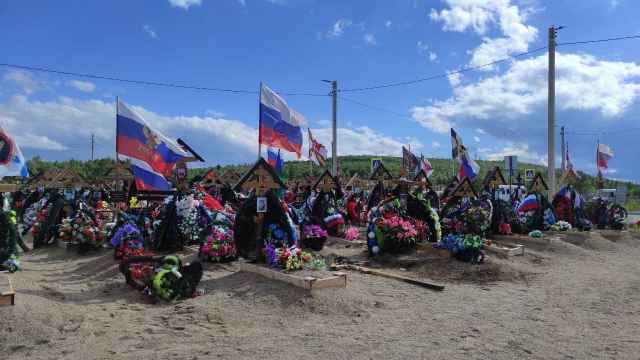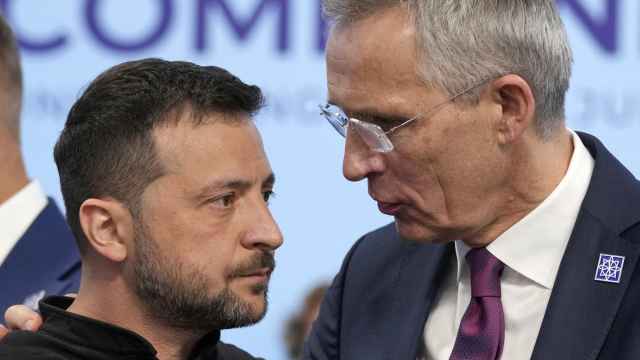ALMATY, Kazakhstan — Kazakhstan's president announced a raft of reforms for this energy-rich, authoritarian state Friday, ranging from having more direct local and regional elections to imposing the use of the Latin alphabet for the Kazakh language.
But 72-year-old Nursultan Nazarbayev gave no indication that he would step down as president any time soon, despite two decades of heavy-handed power.
Under Nazarbayev, Kazakhstan's government has faced sustained international criticism for cracking down on popular dissent, limiting media freedoms and being too slow to reform politically. Still, as speculation mounts over his plans for succession, Nazarbayev's administration has tried to forge a historic legacy to endure after his rule. Friday's wide-ranging address appeared to be part of that effort.
Nazarbayev said more than 2,500 local and regional postings — such as village and town mayors, and heads of rural districts — would be elected starting next year. That means more than 90 percent of mayors at all levels would be elected, he said. No local administration heads are currently elected.
The elections are part of a broader attempt to foster democratic standards in this vast Central Asian nation of 17 million, Nazarbayev said, adding that "every step of our political reforms is closely tied to our level of economic development."
The bulk of Friday's speech was aimed at cataloging achievements in the former Soviet nation during Nazarbayev's tenure. The president said Kazakhstan, which borders China and Russia, has to date attracted $160 billion in foreign investment. Much of that has gone toward developing the country's abundant energy and mineral resources.
In what may prove an especially controversial announcement, Nazarbayev said the Latin alphabet would be adopted for the Kazakh language by 2025 in place of the Russian-style Cyrillic alphabet currently in use.
"This will enable our children to better understand English, the Internet and it will reinforce our desire to modernize the Kazakh language," he said.
By the same year, 95 percent of Kazakhstan's citizens should have learned to speak in Kazakh, he said. Although Kazakh is the official state language, many people speak Russian instead.
Related articles:
A Message from The Moscow Times:
Dear readers,
We are facing unprecedented challenges. Russia's Prosecutor General's Office has designated The Moscow Times as an "undesirable" organization, criminalizing our work and putting our staff at risk of prosecution. This follows our earlier unjust labeling as a "foreign agent."
These actions are direct attempts to silence independent journalism in Russia. The authorities claim our work "discredits the decisions of the Russian leadership." We see things differently: we strive to provide accurate, unbiased reporting on Russia.
We, the journalists of The Moscow Times, refuse to be silenced. But to continue our work, we need your help.
Your support, no matter how small, makes a world of difference. If you can, please support us monthly starting from just $2. It's quick to set up, and every contribution makes a significant impact.
By supporting The Moscow Times, you're defending open, independent journalism in the face of repression. Thank you for standing with us.
Remind me later.






